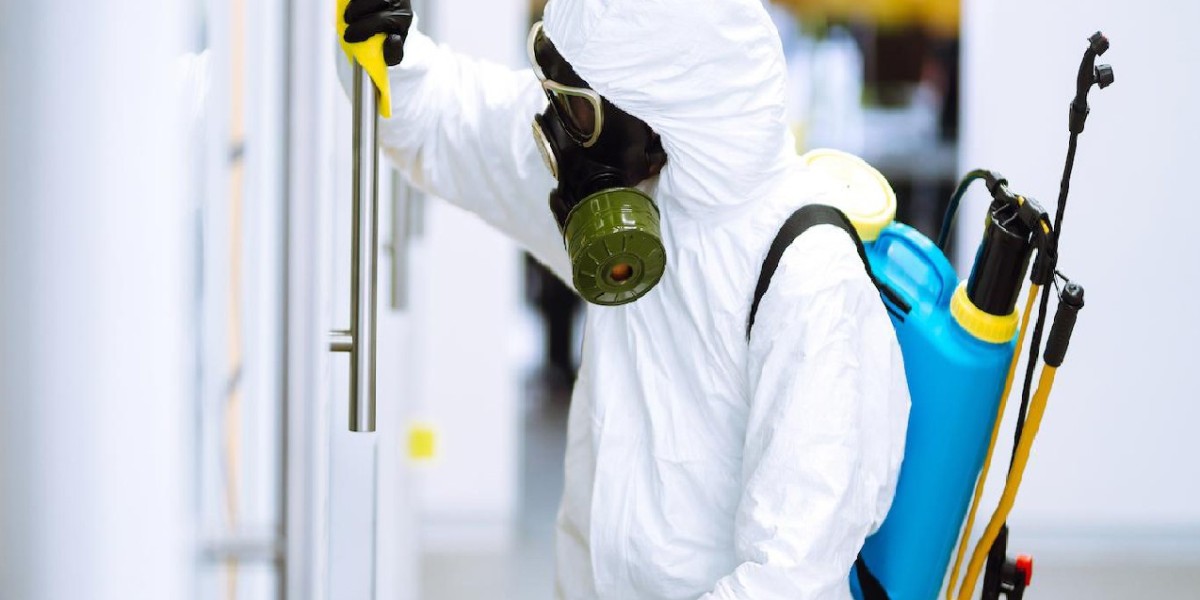Precision and control in slitting operations largely depend on the role that a Differential Shaft plays within the rewinding system.
Understanding the Role of Differential Shafts
In high-speed converting operations, maintaining uniform tension and avoiding web misalignment is essential. Differential shafts are designed to handle multiple reels on the same axis with varying tensions and thicknesses. Unlike fixed shafts, these components automatically compensate for differences in roll diameter and torque, ensuring each roll is wound with consistent tension.
The secret lies in the shaft’s internal slip mechanism, often constructed using friction rings or pneumatic tension control elements. These allow each core to rotate independently while being driven by the same shaft, making the system ideal for slitting multiple widths simultaneously. This capability significantly reduces production downtime and material waste.
Industrial Benefits in High-Precision Applications
Differential shafts are widely used in industries such as adhesive tape, film, paper, foil, and label production. They enable manufacturers to rewind products at varying thicknesses without compromising quality or risking overlapping layers. This is particularly important in today’s packaging industries, where the need for precision and consistency is more demanding than ever.
By using differential shafts, manufacturers can accommodate product variations on the fly. This flexibility boosts production efficiency and reduces the need for manual adjustments during changeovers.
Material Compatibility and Custom Engineering
Not all materials behave the same during slitting and rewinding. Films stretch, paper tears, and foils crinkle. The beauty of differential shafts lies in their adaptability to different material characteristics. Whether you're handling high-tensile PET film or delicate paper stock, the shaft adjusts torque independently to protect material integrity.
Additionally, these shafts can be engineered for specific diameters, core types, or web widths. Some models support both 3-inch and 6-inch cores with quick sleeve changes. This makes them valuable in diverse production settings that require equipment versatility.
Integration in Modern Machinery Systems
With automation becoming more prominent in modern production lines, differential shafts complement programmable tension control systems. When integrated with PLC or HMI-based platforms, the operator can preset tension parameters or adjust them dynamically. This reduces human error, boosts product consistency, and supports real-time monitoring.
Moreover, the non-slip nature of these shafts ensures that the torque delivery remains smooth throughout the entire rewinding process. This extends machine life and minimizes wear on other mechanical components.
Longevity and Maintenance Considerations
Well-built differential shafts, like those from high-quality manufacturers, require minimal maintenance. Regular cleaning and inspection of the friction rings or pneumatic bladders will keep the shaft in optimal condition. Their robust construction and balanced design reduce vibration and extend service intervals—making them a smart long-term investment.
To explore product specifications and custom options, visit www.cbbmachine.com









